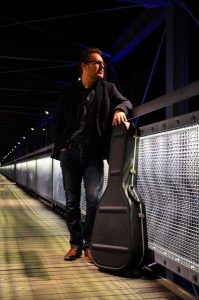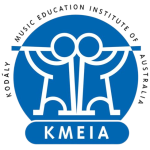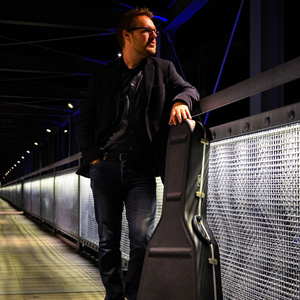 Peter Doublinszki is an accomplished classical guitarist who has performed actively for over two decades. Hailing from Hungary, he was immersed in the Kodály spirit during his early music education. While initially, his reliance on the Kodály method waned as an interpreter of classical music repertoire, it later found a renewed purpose in his research endeavour titled ‘Pathways to Improvisation: A Classical Guitarist Explores and Implements Techniques of Improvisation into his performance practice.’ Peter holds a BMus degree from the University of Szeged and an MMus degree from the University of Auckland. Currently, he is diligently pursuing his DMA at the Sydney Music Conservatorium under the guidance of Dr Kevin Hunt, Dr Alex Chilvers, and Dr Vladimir Gorbach.
Peter Doublinszki is an accomplished classical guitarist who has performed actively for over two decades. Hailing from Hungary, he was immersed in the Kodály spirit during his early music education. While initially, his reliance on the Kodály method waned as an interpreter of classical music repertoire, it later found a renewed purpose in his research endeavour titled ‘Pathways to Improvisation: A Classical Guitarist Explores and Implements Techniques of Improvisation into his performance practice.’ Peter holds a BMus degree from the University of Szeged and an MMus degree from the University of Auckland. Currently, he is diligently pursuing his DMA at the Sydney Music Conservatorium under the guidance of Dr Kevin Hunt, Dr Alex Chilvers, and Dr Vladimir Gorbach.
Day 4: Thursday
| Time | Title |
|---|---|
| Session 3: 12.00 | Research: Reviving Creativity and Self-Expression in Classical Music through Improvisation |
| Abstract:
Classical music education is facing criticism for its perceived failure to nurture creativity, self-expression, and the development of unique artistic identities. The art of improvisation, which historically played a central role in Western classical music, has been identified as a powerful tool to address these issues. However, from the end 19th century, classical musicians witnessed a significant shift in focus, nearly erasing improvisation from classical music recitals. Today, there is a resurgence of interest in improvisation among classical musicians, driven by a desire to foster creativity, self-expression, and the cultivation of distinct artistic identities. However, a formidable challenge arises as most classical music educators lack the expertise needed to teach this skill effectively. This presentation explores the connection between the revival of improvisation in classical music and the jazz methodology, notably bebop, which is typically not associated with the Kodály method. It emphasises the integration of Kodály principles into the learning process for improvisation, offering practical insights into building a rich musical vocabulary from baroque to bebop and everything in between. This presentation seeks to inspire classical musicians to embrace improvisation as a means of revitalising their creative expression and unique artistic identities within the realm of classical music. |
|

